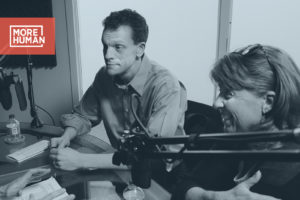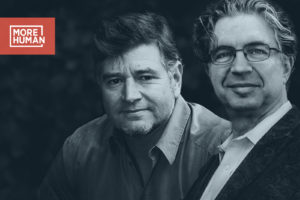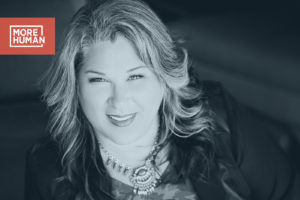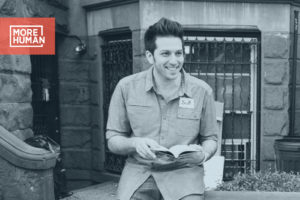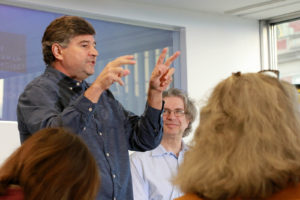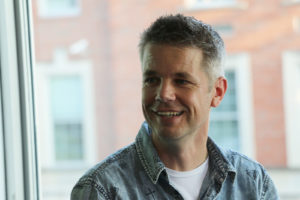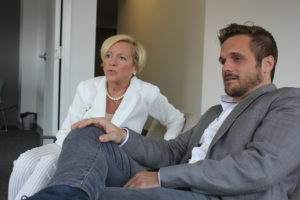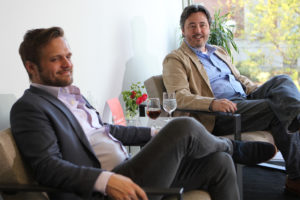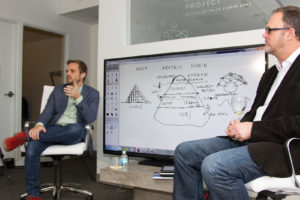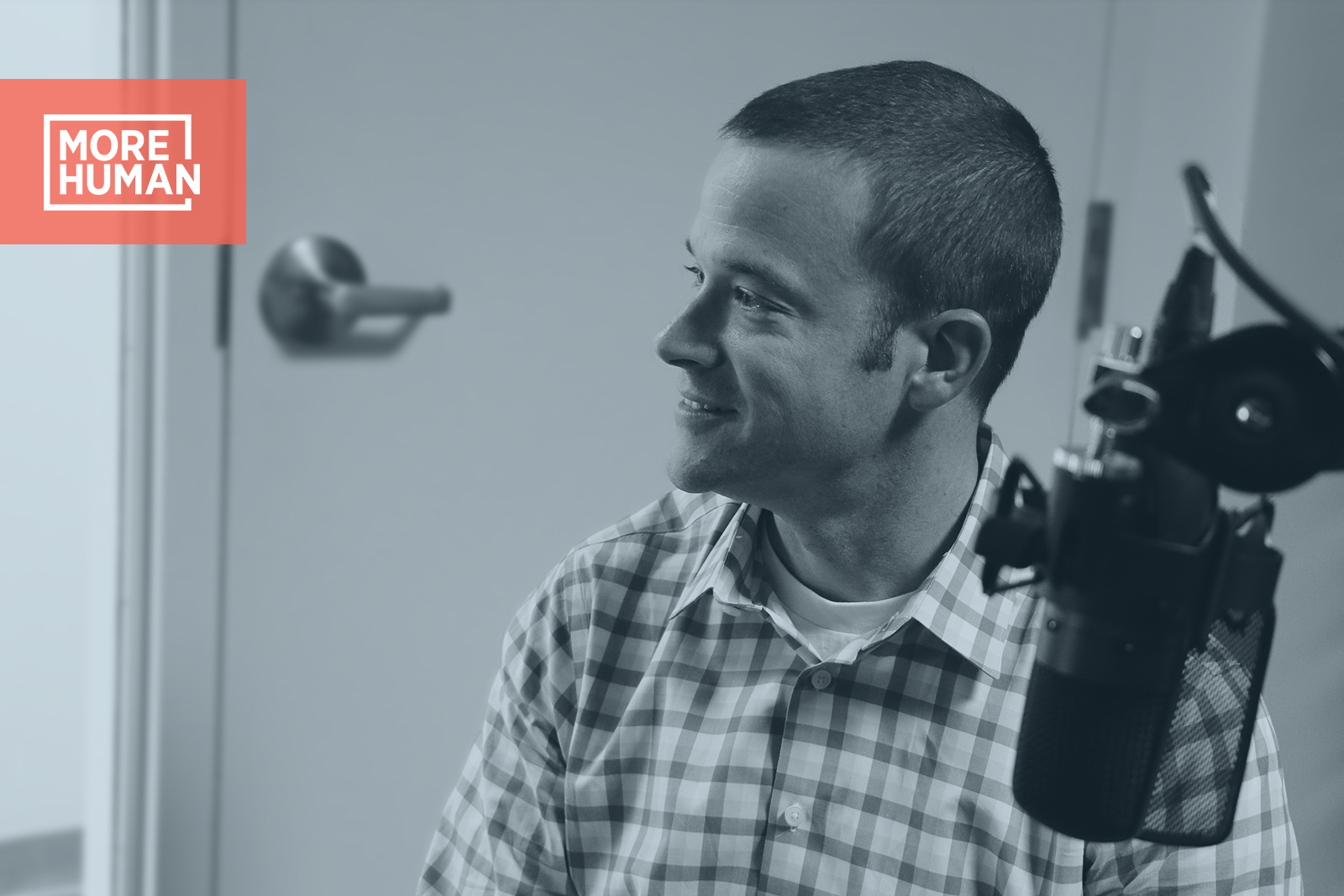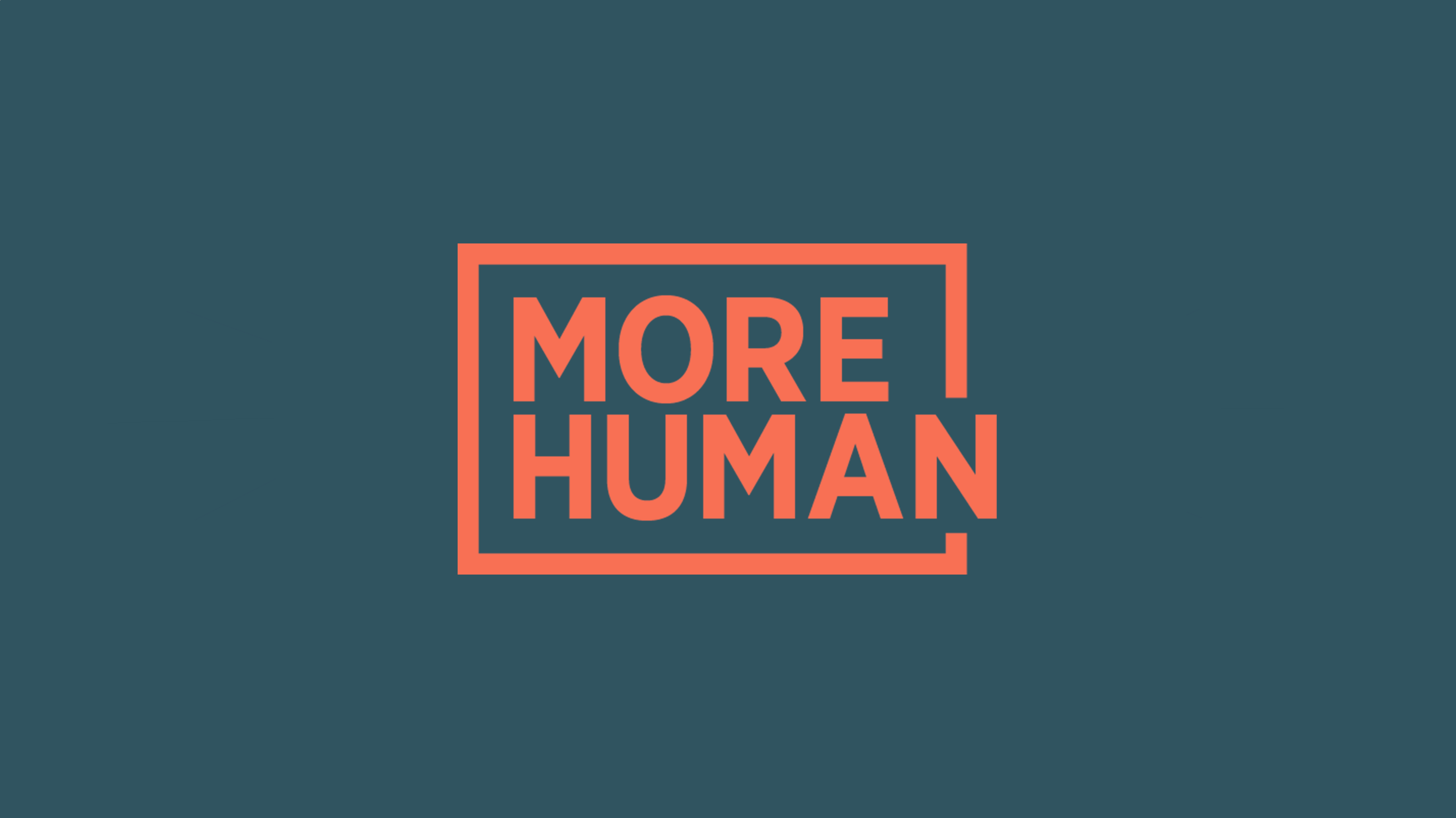The Power of Yes
Recently, a friend published a book. Although most of us will never add author to our signature block, writing a book isn’t a totally remarkable feat. Just ask reality TV’s Snooki—she’s written five.
But John O’Leary’s book is special. On Fire is, in part, about an accident that happened to John when he was a boy. This terrible accident left John with disfiguring burns to 100 percent of his body. But the book isn’t about how he learned to write again after losing his fingers to amputation. Or how difficult it was to overcome such tragic circumstances. Instead, John uses his book—and his motivational speaking—to shine a spotlight on the magic that happens when we say yes to the opportunity to concern ourselves with other people. John’s dedicated his life to sharing this message. To challenging others to say yes to what I believe is the most basic of human instincts—to love.
Too often our discussion of humanity centers on its absence. The siren calls of the headlines that grab our attention and serve us incendiary details of the latest senseless shooting. Images of rejected refugees. The inciting ideologue evangelizing from the pulpit of politics or religious intolerance. It’s easy to recognize inhumanity when we see it, and it’s packaged for everyday consumption in our newsfeeds and on our televisions.
But inhumanity doesn’t have to be the center of attention. I recently attended John’s book launch celebration. There were all the usual trappings of such an event—signed copies of the book for sale, a “step-and-repeat” for photographs and planned remarks by the author. But like everything else with John, that night was meaningful in a way few would expect. Those who crammed into the auditorium were given the simple but life-changing gift of changed perspectives. A realization that instead of defining ourselves by what’s wrong in the world or what has happened to us, we can define our lives by what we can do for others.
At the end of his talk, John opened the floor to questions. One by one people stood, but when they were handed the microphone, they didn’t take the opportunity to ask how in the heck John learned to play the piano with no fingers or whether he was planning to go on a book tour. Without exception each shared memories of how profoundly their lives had been changed when they crossed paths with that burned-up little boy. When they said yes. Whether it was the physical therapist at John’s side for his painful rehabilitation or the PTO mom that organized the casserole drop-off for his family that winter, each person relayed how the simple act of doing what they could do to help John left a positive impact that long outlasted the moment itself.
It was a powerful reminder that our smallest actions, our daily efforts, our paths as spouses and parents and professionals provide endless opportunities to demonstrate human nature at its best. We’re presented with these kinds of opportunities all the time, in both our most important relationships and with total strangers.
Dr. Martin Luther King Jr. issued that same reminder in the very last speech he ever gave. At the end of it, he challenged us to switch perspectives. In his retelling of the parable of the Good Samaritan, he implored that our first consideration in life not be “If I stop to help this man in need what will happen to me?” but rather the reverse. “If I do not stop to help this man, what will happen to him?”
This endeavor is the core theme of John’s book and of the Be Human Project. That the fate of our ability to “be human” lies in our willingness to put aside our agendas and expectations and our tendency toward habitual self-preservation to say yes to opportunities big and small to connect with others at home, at work and in life’s everyday occurrences. It doesn’t require acts of heroism like pushing someone out of the way of an oncoming train (but please do that if you get the chance). It could mean making that casserole. Or fostering an environment at work based on empathy and respect for all. Or putting your spouse’s needs before your own.
John’s book reminded me that, in doing so, those actions multiply, igniting a spark bright enough to illuminate even the darkest parts of our lives.


